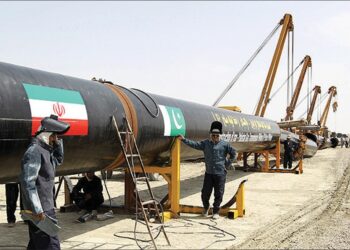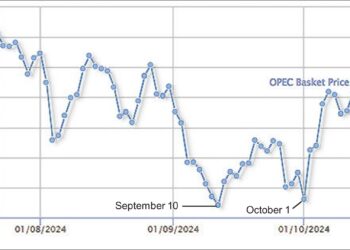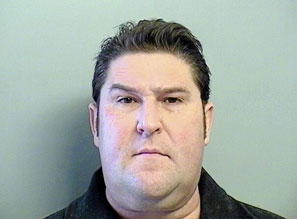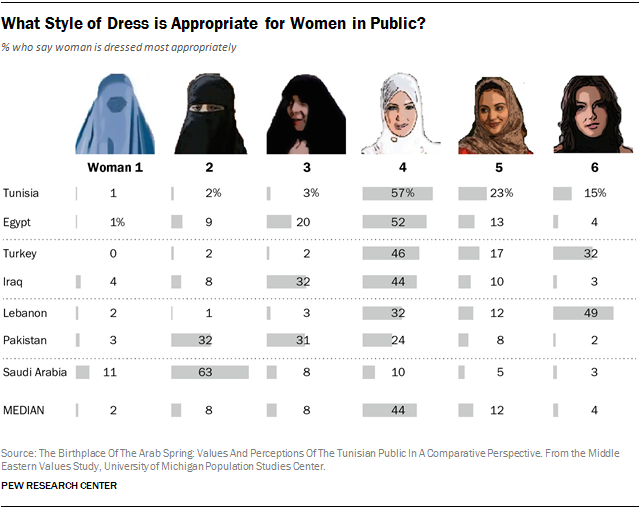January 17-2014
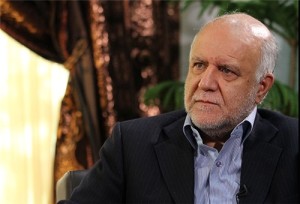
. . . can’t meet demand
With winter cold descended over Iran, Oil Minister Bijan Namdar-Zanganeh has said the country is far short of all the natural gas it needs and has called on the public to conserve gas.
The Oil Ministry’s Shana news service quoted him as saying the country, which has recently been consuming 600 million cubic meters of gas per day, is running short of its needs by 160 million or more than one-fourth of its consumption.
The article was subsequently removed from the Shana website.
Previously, Zanganeh had said Iran would have adequate supplies of gas for the winter.
The article originally on Shana did not explain what Zanganeh meant by a shortage of 160 million cubic meters a day of gas.
The government normally supplies much gas to power plants and petrochemical factories. Zanganeh earlier announced that this winter, as in previous winters, the Oil Ministry would supply liquid fuels to such plants in order to have enough natural gas on hand to supply private homes with heat.
There have been no published news reports of any communities being without gas for heat. That might be the result of censorship. But Zanganeh might mean that gas supplies to industry and to re-inject in oilfields have been halted to keep homes warm, although industrial plants would have to close and oilfields might be damaged.
Shana quoted Zanganeh as saying “restrictions” would have to be imposed “on some sections” so the gas flow would not stop. What that meant was not explained.
Last month, Abdol-Hossain Samari, deputy managing director of the National Iranian Gas Co., said total consumption had reached 600 million cubic meters per day with 460 million of that going to residential and commercial users. The remainder would go to industry, oilfield re-injection and exports to Turkey.
There has been no complaint from Turkey of the gas flow decreasing, as has happened in some years.
Samari said this is Iran’s “toughest” year, so far as gas supply is concerned. He did not explain that, but Zanganeh complained that six phases of the South Pars gasfield that should already have come on stream are not yet producing. The Ahmadi-nejad Administration insisted that South Pars was developing as planned, but international sanctions drove out foreign developers and slowed work markedly.
















